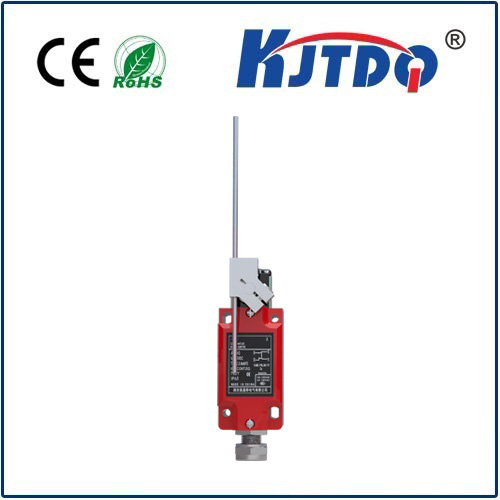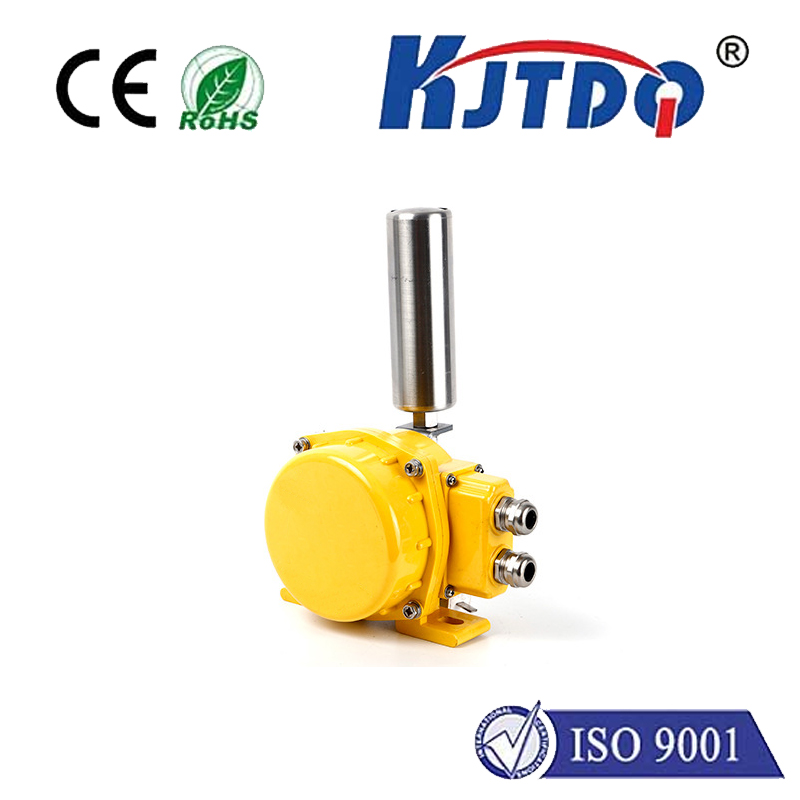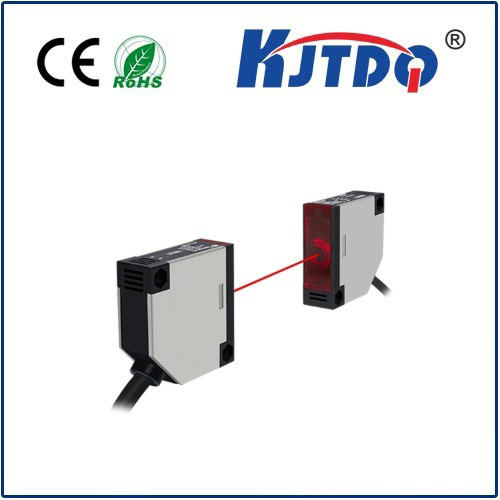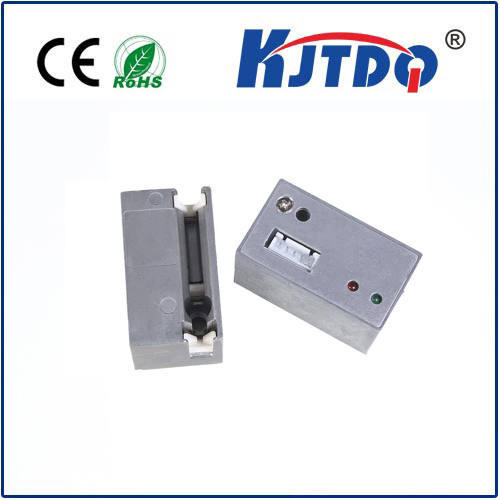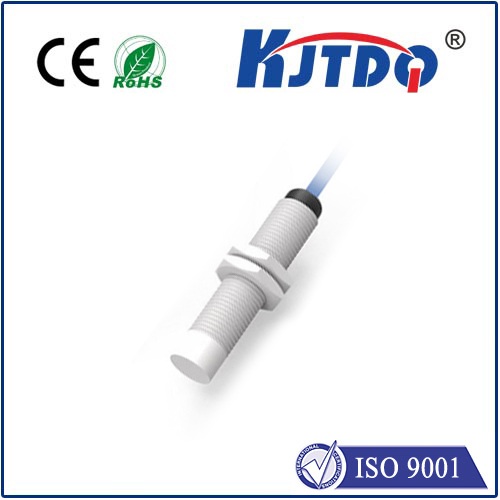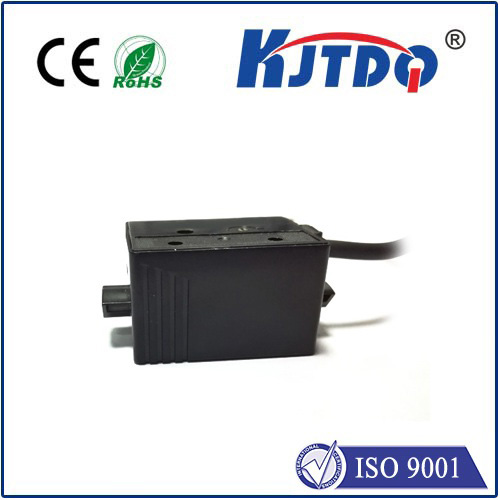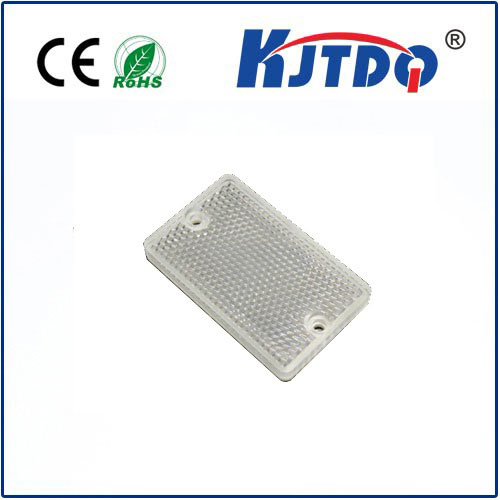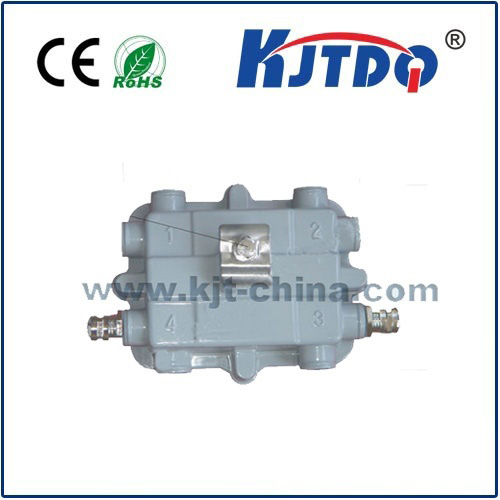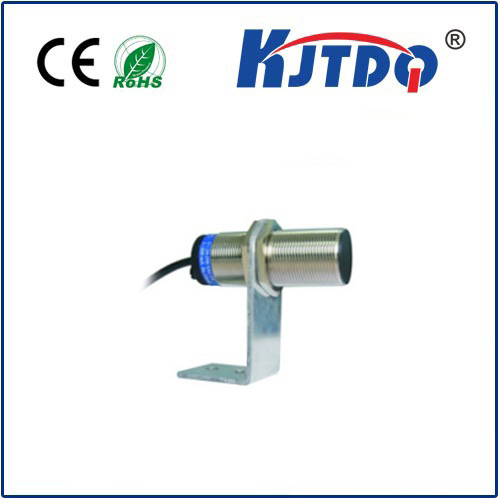
check

check

check

check
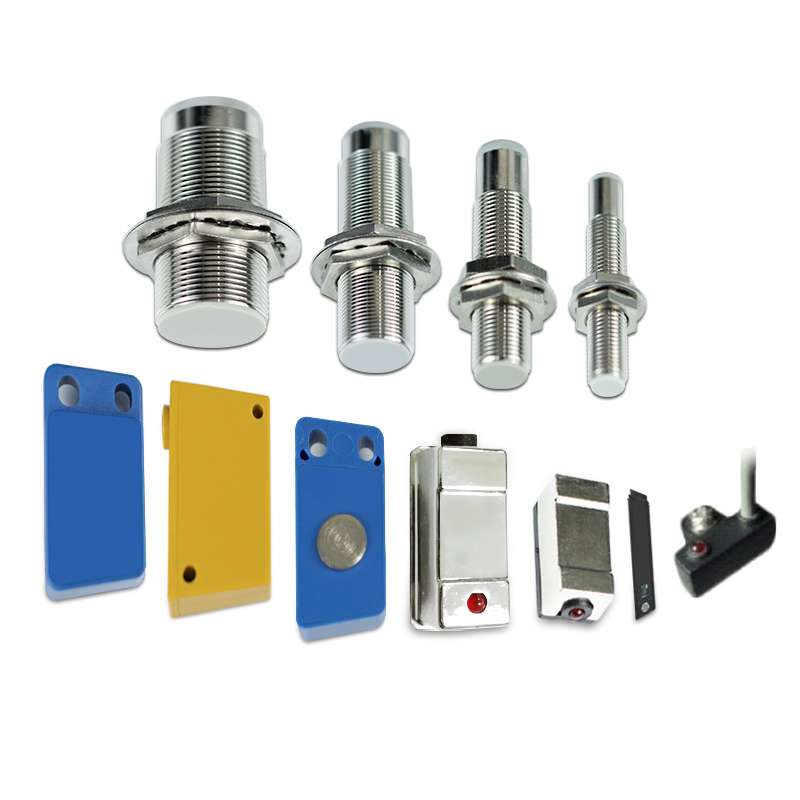
Magnetic induction sensors are important equipment widely used in various fields. They play a key role in industrial production and daily life. However, any device has its own lifespan, and the same applies to magnetic induction sensors. Understanding and understanding the service life of magnetic induction sensors is critical to ensuring proper operation and performance of your equipment.
Magnetic induction sensors have a wide range of applications. According to the structural analysis of the sensor, the life of the mechanical structure depends on the aging speed of the metal, and the life of Hall IC is relatively long.
The service life of a magnetic induction sensor depends on many factors, including the quality of the material, the working environment, the application method, etc. First of all, choosing high-quality materials is key to ensuring a long life of the magnetic induction sensor. Materials with good durability and wear resistance can effectively extend the service life of the sensor.
Secondly, the working environment will also have an impact on the life of the magnetic induction sensor. If the sensor is operated in harsh conditions such as moisture, corrosiveness, or high temperatures, its lifespan may be significantly shortened. Therefore, when selecting and installing magnetic induction sensors, it is necessary to select the appropriate type and model according to the specific working environment.
In addition, correct application and maintenance are also key to ensuring the service life of magnetic induction sensors. The correct installation and debugging of the sensor is the prerequisite to ensure its normal operation. Users should refer to the relevant user manual and perform regular inspection and maintenance of the sensor. Prompt cleaning, calibration and replacement of damaged parts will help extend the service life of the magnetic induction sensor.
Generally speaking, magnetic induction sensors have a long service life, but its service life is still related to multiple factors. In order to maximize its life, we should choose high-quality materials, pay attention to the selection and deployment of the working environment, and follow correct use and maintenance methods. In this way, we can better protect the magnetic induction sensor and ensure better performance during its operation.
Whether in the industrial field or in daily life, the use of magnetic induction sensors will bring many conveniences and economic benefits. By properly utilizing and protecting magnetic induction sensors, we can increase their service life, reduce replacement and repair costs, and improve work efficiency and safety. Therefore, it is important for any business or individual using magnetic induction sensors to understand and value their service life.
All in all, the service life of magnetic induction sensors is crucial to the normal operation of equipment. By choosing high-quality materials, paying attention to the work environment, and correct application and maintenance, we can maximize the life of our magnetic induction sensors and achieve their best performance.
